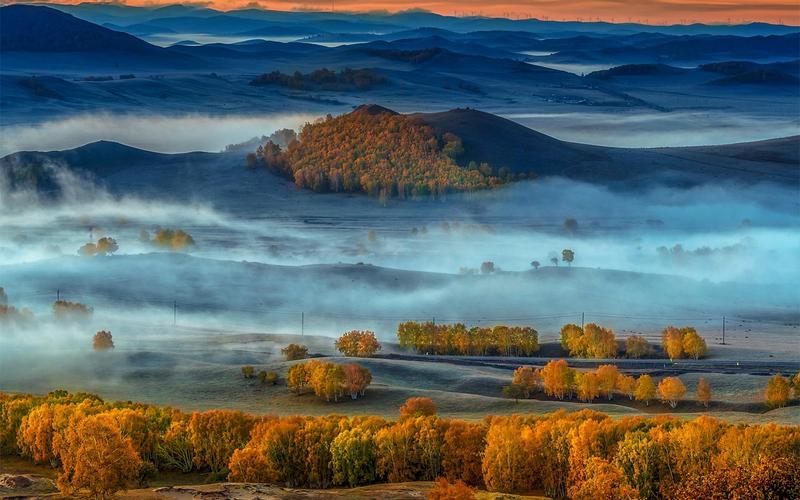Exploring the Intersection of Food and Global Culture
In today’s globalized world, food has become more than just a basic need for human survival. It has transformed into a cultural symbol that portrays a nation’s history, heritage, and lifestyle. With the rise of globalization, the culinary arts have evolved, and cuisine from different parts of the world has blended to create unique and exciting fusion foods. Exploring the intersection of food and global culture offers us a glimpse into the relationship between traditional values and modern-day living.
Origins of Food and Culture
The earliest human civilizations, like the Babylonians and Egyptians, used food as a way to show their superiority and wealth. They used rare ingredients and meat to showcase their status and power. However, with time, cuisine became an integral part of cultural identity. It became a symbol of different religious practices, beliefs, and local customs. Food also became a critical component of celebrations, such as weddings, festivals, and other significant events.
Food and Cultural Diversity
Cultural diversity is reflected in the variety of food around the world. With advancements in technology and transportation, globalization has allowed us to try dishes from different corners of the earth. In recent times, fusion cuisines have caught on and have become immensely popular. They are a blend of traditional flavors with modern ingredients and techniques. Fusion foods bring elements of different cultures together to create unique and exciting dishes.
The Influence of Food on Culture
Food has a significant impact on the way we interact with each other, and as such, it influences our culture in many ways. Eating together is an essential part of our social lives and helps us bond with others. It also plays a crucial role in maintaining cultural traditions and values. Sharing food with others is a way of showing hospitality, respect, and friendship, especially in some cultures where it is customary to break bread together.
Food and Global Politics
Food has also played a significant role in the political discourse across the world. Wars have been fought over resources such as oil and water, but food is just as important. In recent times, food and energy security have become major issues concerning global politics, with world leaders paying more attention to food safety and the health of their citizens.
Conclusion
Exploring the intersection of food and global culture brings us closer to the roots of humanity. It allows us to celebrate the diverse flavors and cuisines of the world, showcasing the cultural richness and traditions. As food evolves, so do our cultures, and it’s essential to preserve and pass on these traditions to future generations. By valuing and respecting different cultural practices, we can create a more harmonious and tolerant society that appreciates the differences that make us unique. Food is more than just sustenance; it’s a representation of where we come from and where we are heading.
In conclusion, food is a prominent aspect of one’s cultural identity. It represents our values, beliefs, and traditions, and exploring different food cultures can help us develop a richer and more inclusive outlook on life. The intersection of food and global culture is a meeting point where we can appreciate and learn from each other’s culinary experiences to create a better understanding and appreciation of diverse cultures.
(Note: Do you have knowledge or insights to share? Unlock new opportunities and expand your reach by joining our authors team. Click Registration to join us and share your expertise with our readers.)
Speech tips:
Please note that any statements involving politics will not be approved.
